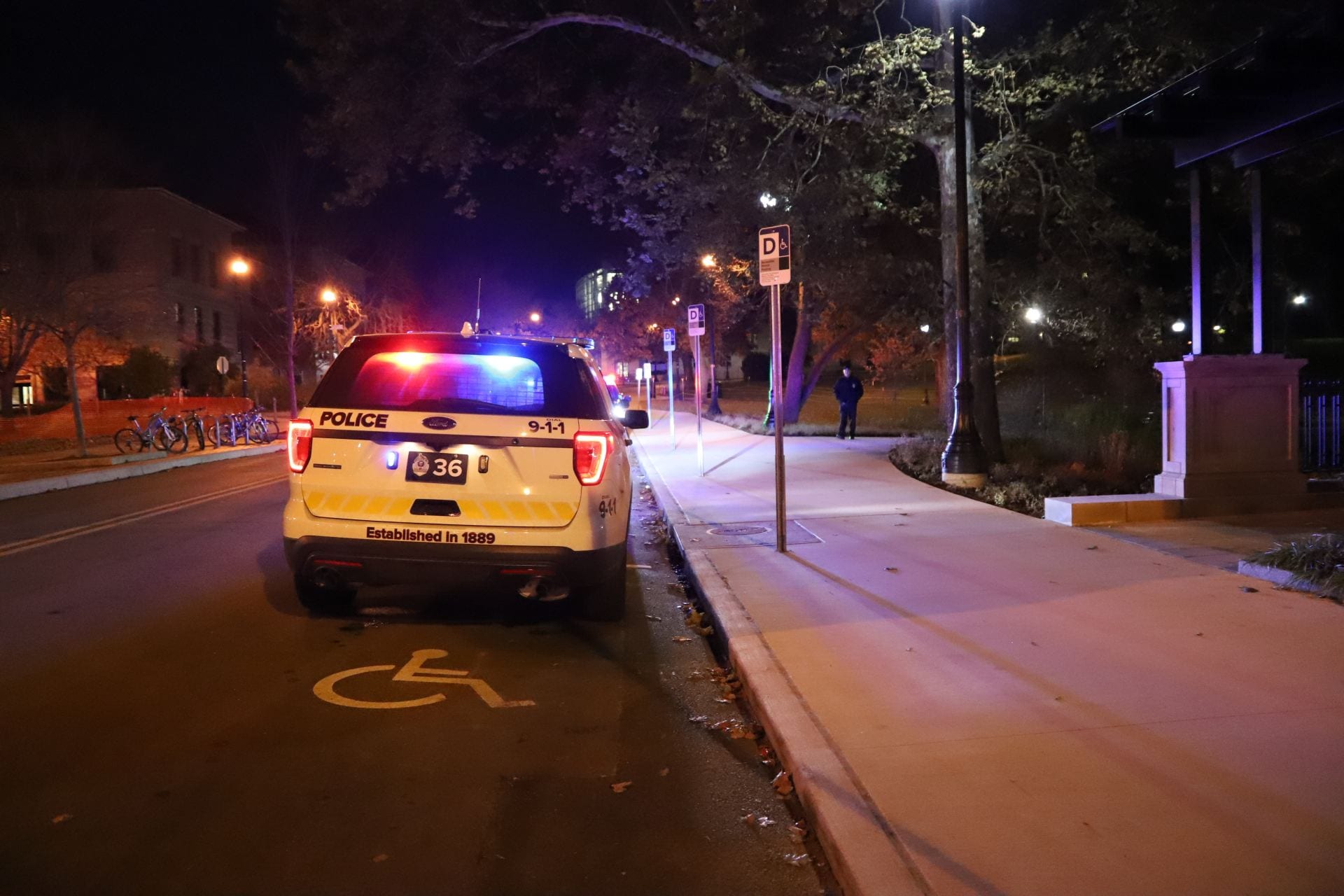In addition to the Buena Vista Social Club concert, the Wexner Center for the Arts held a pre-performance talk in their Film/Video Theater on Sunday. Tony Mendoza, Ohio State associate professor of art, spoke about the history and traditions behind the music of the Buena Vista Social Club. Mendoza was born in Cuba and lived there through his teens. Mendoza led the talk in an informal manner, saying that although he is not an expert in Cuban music, he learned to never say no when he has an audience. Mendoza said “boleros” are the type of slow, danceable songs that made Portuondo famous in Cuba and such songs mostly deal with love. As a teen, he recalls always attaching “boleros” to the object of his affection. Mendoza remembers the melodies and lyrics fondly and even recited a few of his favorites: I wanted the perfume and color/ Of that rose to reach me/ But it faded with the tears of my sad life/ She was like the rose and its perfume/ I am sadness, and tears.”Music just permeated the air in Cuba; it was a part of life,” he said. The original Buena Vista Social Club was forgotten but later found by Ry Cooder, Mendoza said. They were lost for a while because at the time, socialist regimes dictated the arts and only allowed people to create art that promoted the socialist cause, he said. Mendoza said the origin of Cuban music has two main themes: the danzón and the son. Buena Vista Social Club deals more with the son, a combination of Spanish melody with poetic language and African rhythms. This sound was initially rejected, until the rumba became popular, Mendoza said. As Americans traveled to Cuba, they began to like the son sound. This helped to bring the music to the high society of Havana and then to the United States. “Cuban music has quite a long history of captivating audiences,” Mendoza said.After his presentation, Mendoza showed a 13-minute video of his travels to Cuba. The video recorded people arguing about politics, technology, finance and the government, among other things. It also displayed the lives of the children and the music of the society.Mendoza has received three fellowships with the National Endowment for the Arts, a Guggenheim fellowship and five Ohio Arts Council Fellowships. He has written four books, including “Cuba: Going Back” and “Stories.”


